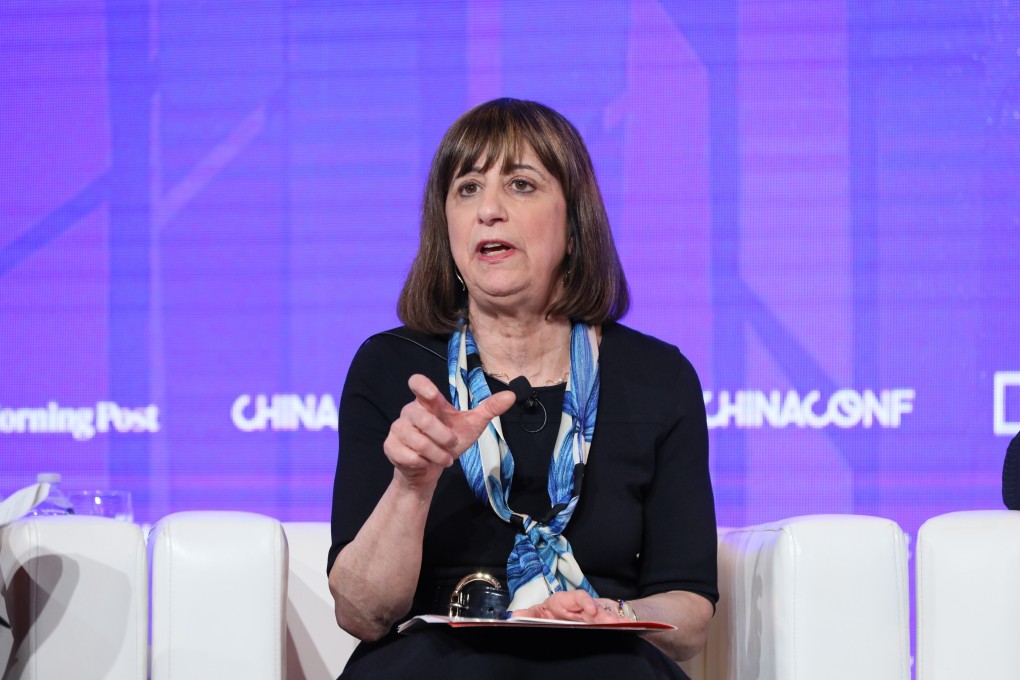US tariffs didn’t change China but rejoining Pacific trade pact could: Obama aide
- Washington’s tariff hikes have not forced China to reform, former acting deputy trade representative Wendy Cutler says in think tank report
- Next president should rejoin the 11-member Asia-Pacific agreement Donald Trump withdrew from in 2017, she argues

Wendy Cutler, who was acting deputy US trade representative under former president Barack Obama, said the Comprehensive and Progressive Agreement for Trans-Pacific Partnership (CPTPP) was still the best way for the United States to redefine global trade and counter China. Her comments came in a report published on Wednesday by think tank the Asia Society Policy Institute, of which she is vice-president.
Formerly the Trans-Pacific Partnership (TPP), the CPTPP is one of the world’s largest multilateral free-trade agreements, accounting for 13.5 per cent of global GDP, and was seen by Beijing as a way for the Obama administration to contain China’s rise in the Pacific region.

00:46
Trump orders US withdrawal from trans-Pacific trade deal
The report contributed to by Cutler – “Re-engaging the Asia-Pacific on Trade: A TPP road map for the Next US Administration” – urges the next president to explore options for re-engaging with countries about the trade agreement.